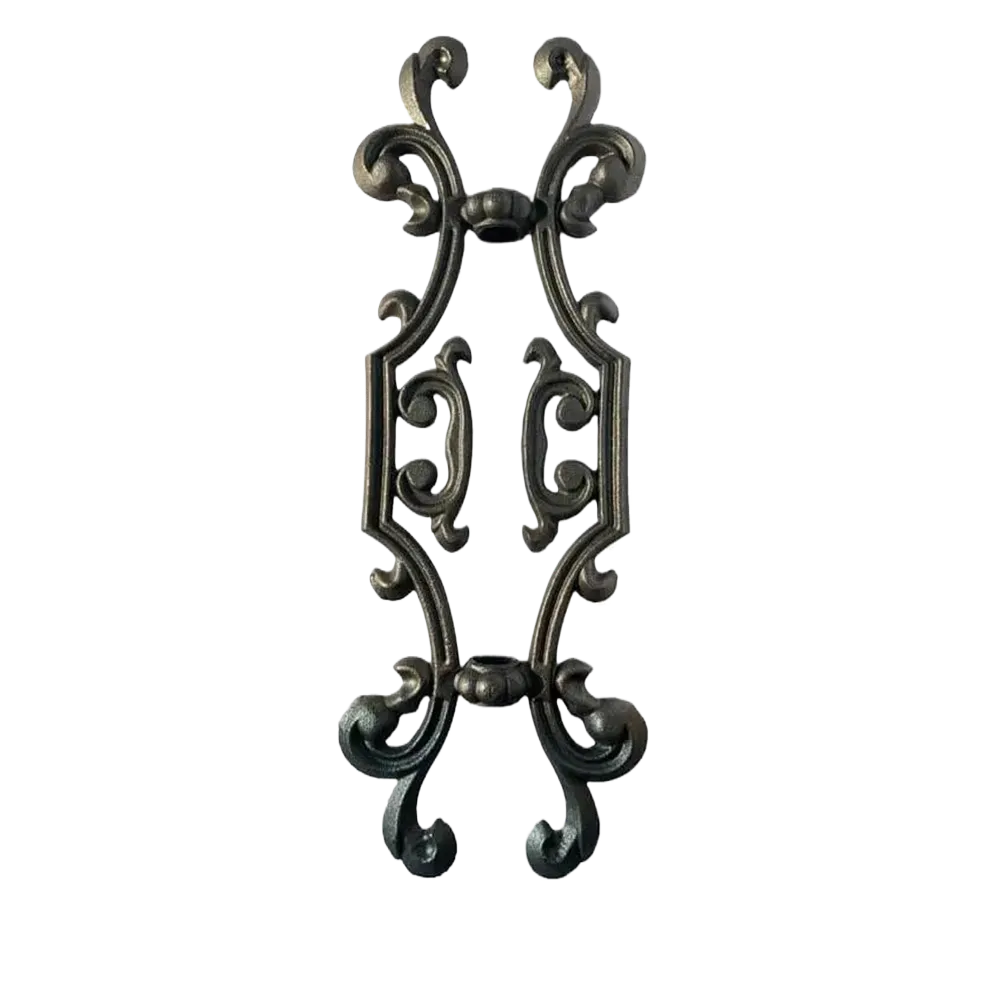Essential Guide to Replacing Pocket Door Rollers for Smooth and Efficient Operation
Pocket Door Roller Replacement A Step-by-Step Guide
Pocket doors are a stylish and space-saving solution for many homeowners. They slide into the wall, allowing for seamless transitions between rooms without the need for swinging doors. However, like any door mechanism, pocket doors can encounter issues over time. One common problem is with the rollers, which can wear out or become damaged, leading to difficulty in opening or closing the door. In this article, we will provide a comprehensive guide on how to replace the rollers of your pocket door, ensuring it operates smoothly once again.
Understanding Pocket Door Rollers
Pocket door rollers are typically located at the top of the door and help it slide along a track. These rollers can be made of metal or plastic and may feature ball bearings to facilitate smooth movement. Over time, dirt, debris, or general wear and tear can cause the rollers to malfunction, resulting in a door that sticks or gets stuck. Replacing these rollers can restore the functionality and enhance the aesthetics of your pocket door.
Tools and Materials Needed
Before you begin the roller replacement process, gather the following tools and materials
- Screwdriver (flathead and Phillips) - Pliers - Replacement rollers (make sure to get the correct size and type for your door) - Lubricant (optional) - Vacuum or cloth for cleaning (optional)
Step-by-Step Replacement Process
pocket door roller replacement

1. Remove the Door To access the rollers, you need to remove the door from the track. First, slide the door to the open position. Depending on your door's design, you may find a stop or guide that holds it in place at the top. Carefully remove any screws that secure these components. Once free, gently lift the door upward and off the track.
2. Inspect the Rollers After removing the door, inspect the rollers. You may notice visible signs of wear, such as cracks or a rough surface. If you see any debris or dirt buildup, clean it out to prevent future problems.
3. Remove Old Rollers Using your screwdriver or pliers, unscrew or unclip the old rollers from the door. Take note of how they are attached; this will help with installing the new ones.
4. Install New Rollers Take your replacement rollers and attach them to the door in the same manner as the old ones. Ensure they are secured tightly, as loose rollers can lead to issues later on. If desired, apply a small amount of lubricant to the roller wheels for added smoothness.
5. Rehang the Door With the new rollers in place, carefully lift the door back into its track. Start at the top, aligning the rollers with the track, and gently lower the door into position. Check that it moves freely; if it sticks, you may need to adjust the alignment of the rollers or track.
6. Test the Door Once the door is rehung, slide it back and forth to ensure it operates smoothly. Make any necessary adjustments to the track if the door does not glide properly. Finally, reattach any stops or guides that were removed earlier.
Conclusion
Replacing pocket door rollers is a manageable DIY task that can significantly enhance the functionality of your door. By following these steps, you can ensure that your pocket door operates smoothly and effectively for years to come. Regular maintenance, including cleaning the tracks and rollers, can help prolong their lifespan, keeping your home looking its best and providing ease of access between rooms. With a little effort, you can enjoy the convenience and elegance of your pocket door once again.
-
Wrought Iron Components: Timeless Elegance and Structural StrengthNewsJul.28,2025
-
Window Hardware Essentials: Rollers, Handles, and Locking SolutionsNewsJul.28,2025
-
Small Agricultural Processing Machines: Corn Threshers, Cassava Chippers, Grain Peelers & Chaff CuttersNewsJul.28,2025
-
Sliding Rollers: Smooth, Silent, and Built to LastNewsJul.28,2025
-
Cast Iron Stoves: Timeless Heating with Modern EfficiencyNewsJul.28,2025
-
Cast Iron Pipe and Fitting: Durable, Fire-Resistant Solutions for Plumbing and DrainageNewsJul.28,2025
-
 Wrought Iron Components: Timeless Elegance and Structural StrengthJul-28-2025Wrought Iron Components: Timeless Elegance and Structural Strength
Wrought Iron Components: Timeless Elegance and Structural StrengthJul-28-2025Wrought Iron Components: Timeless Elegance and Structural Strength -
 Window Hardware Essentials: Rollers, Handles, and Locking SolutionsJul-28-2025Window Hardware Essentials: Rollers, Handles, and Locking Solutions
Window Hardware Essentials: Rollers, Handles, and Locking SolutionsJul-28-2025Window Hardware Essentials: Rollers, Handles, and Locking Solutions -
 Small Agricultural Processing Machines: Corn Threshers, Cassava Chippers, Grain Peelers & Chaff CuttersJul-28-2025Small Agricultural Processing Machines: Corn Threshers, Cassava Chippers, Grain Peelers & Chaff Cutters
Small Agricultural Processing Machines: Corn Threshers, Cassava Chippers, Grain Peelers & Chaff CuttersJul-28-2025Small Agricultural Processing Machines: Corn Threshers, Cassava Chippers, Grain Peelers & Chaff Cutters












